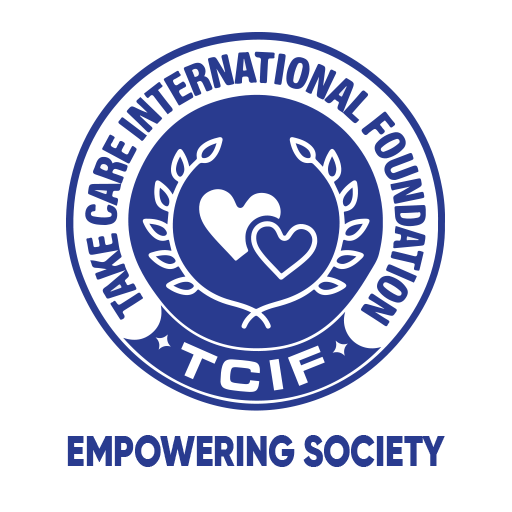Indian education has grown through major changes over the decades. Despite the growing difference in the perception of education, Indian education remains to stay associated with the autonomous and theoretical method of learning. India boasts of one of the largest education markets in the world with 260 million students enrolled across 751 universities. It is, however, the unfortunate truth that our education system continues to follow outdated syllabi
In this era, India is focusing more on the privatization of education. This basically implies that the higher the buying power, the better is the quality of the education received. This results in only 30% of the Indian population having access to good quality and updated syllabus. The scope for skill and talent development is still restricted to a bare minimum.
In India, a student is graded based on their grades and academic performance. Laboratory experiments and practical applications which are a part of the curriculum have no role to play in deciding the student’s mental prowess. This later results in reduced self-confidence, confusion, and extreme self-esteem issues in tomorrow’s generations.
The education sector is now bringing in a host of reforms and accelerated economic outlays in recent years that could turn the education system into a knowledge churning haven rather than a factory that produces trained cattle. With accelerating the Indian populace, improvement of education infrastructure is relied upon to remain the key concentration in the present decade. In this situation, the education framework investment in the education segment is probably going to see an extensive increment in the present decade.





